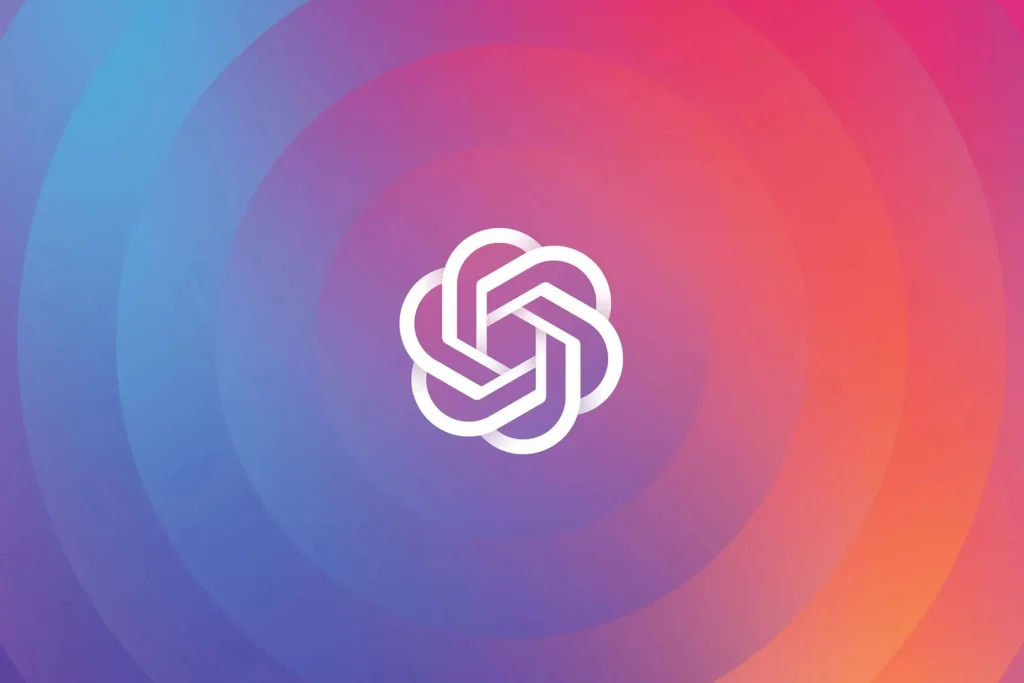
OpenAI has introduced a new agent function in ChatGPT called Deep Research. This new mode allows the chatbot to perform multi-step research and solve complex tasks by analyzing hundreds of online sources.
Today we are launching our next agent capable of doing work for you independently—deep research.
— OpenAI (@OpenAI) February 3, 2025
Give it a prompt and ChatGPT will find, analyze & synthesize hundreds of online sources to create a comprehensive report in tens of minutes vs what would take a human many hours. pic.twitter.com/03PPi4cdqi
The mode operates on the “thinking” AI model o3, optimized for browsing web pages, analyzing data, and using Python tools. It employs logic to search, interpret, and explore vast amounts of text, images, and PDFs. The tool can “solve in minutes what would take humans hours.”
According to the team, Deep Research will also aid in the creation of AGI (Artificial General Intelligence).
The feature is primarily designed for professionals in finance, science, politics, and design, as well as those requiring precise research. It will also help shoppers in need of “hyperpersonalized” recommendations, such as for buying cars, home appliances, or furniture.
Deep Research sessions last from 5 to 30 minutes and are initially available to ChatGPT Pro subscribers. Support for Plus, Team, and Enterprise users will come later. No details on free access have been announced.

OpenAI tested the Deep Research mode with Humanity’s Last Exam, which includes over 3,000 expert-level questions across various scientific fields. The company’s AI model performed significantly better than its competitors.

Previously, OpenAI added the o3-mini model to ChatGPT, which is available to non-subscribers.
In January, OpenAI partnered with the U.S. National Laboratories to apply its AI models to scientific research and nuclear weapons security.








 Cryptol – your source for the latest news on cryptocurrencies, information technology, and decentralized solutions. Stay informed about the latest trends in the digital world.
Cryptol – your source for the latest news on cryptocurrencies, information technology, and decentralized solutions. Stay informed about the latest trends in the digital world.